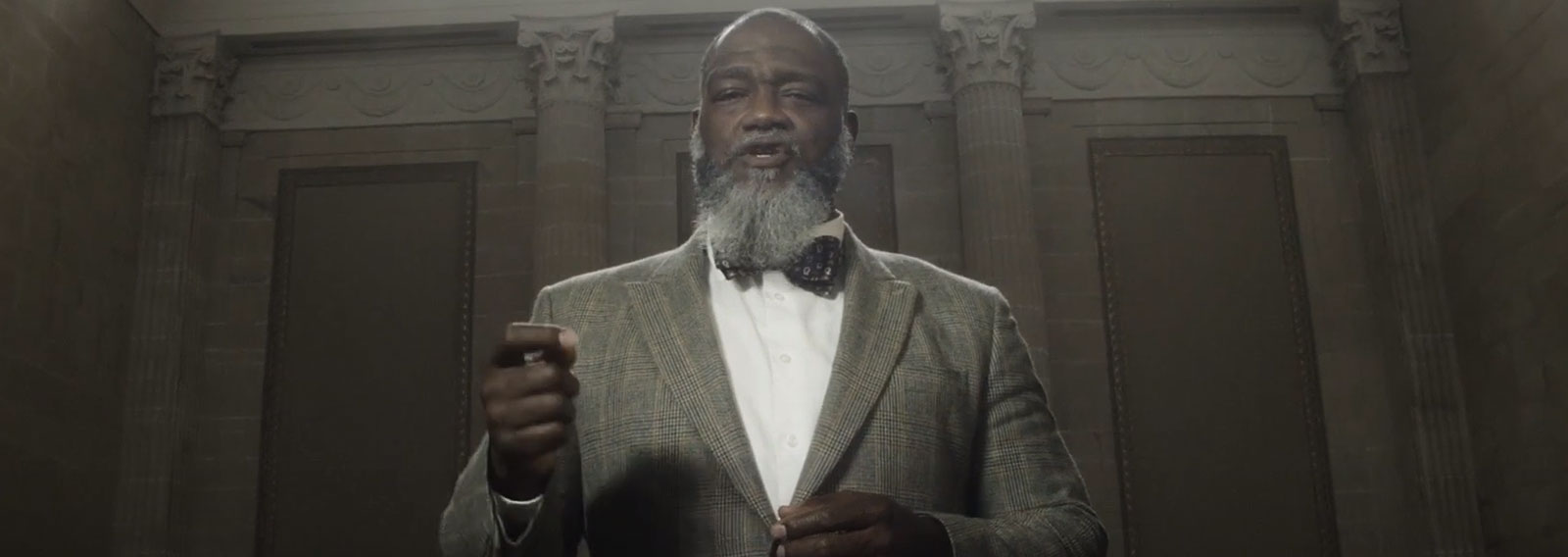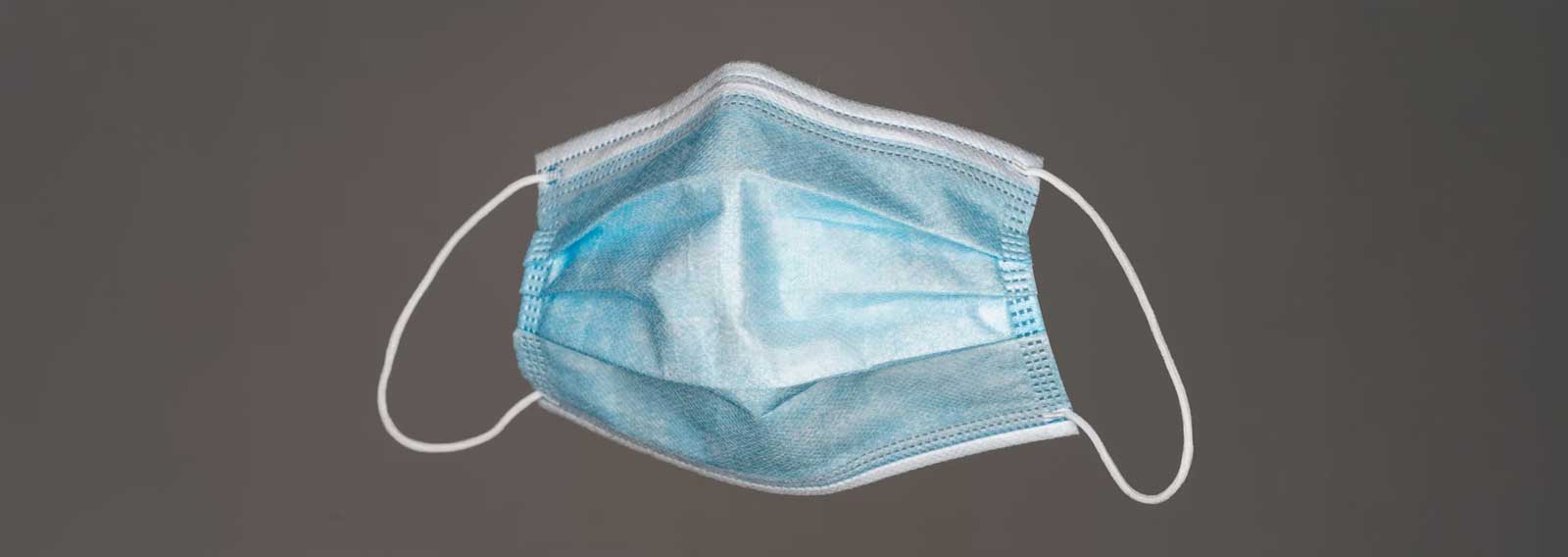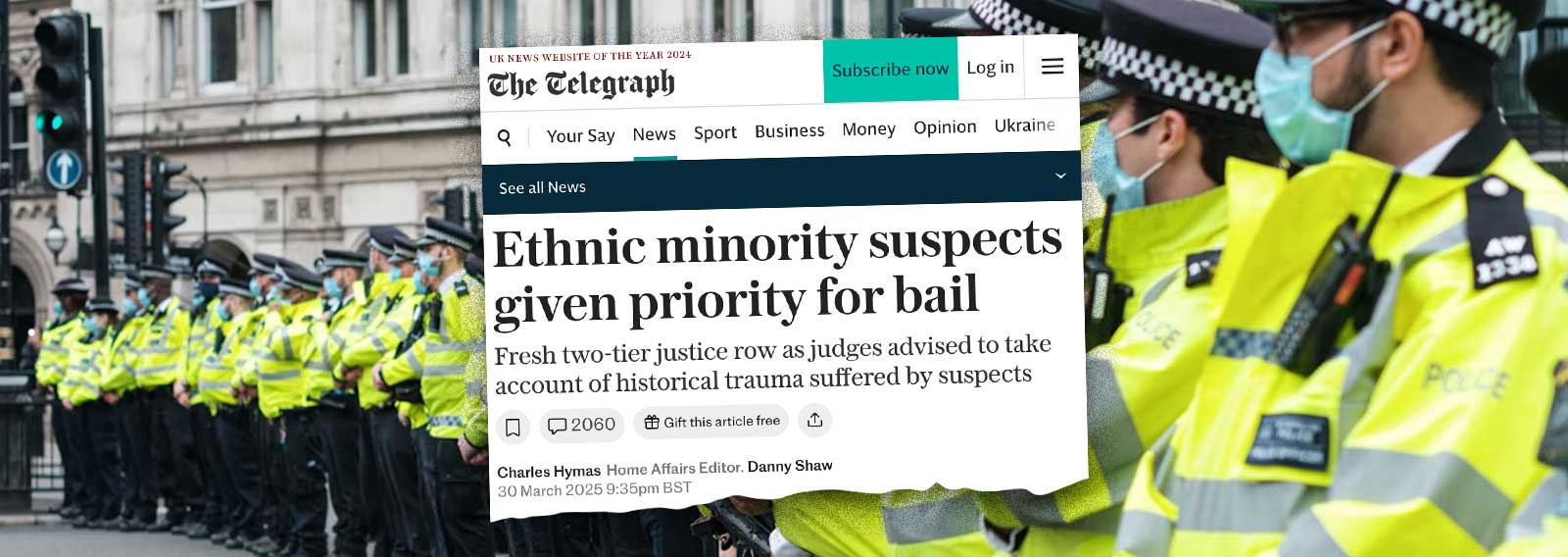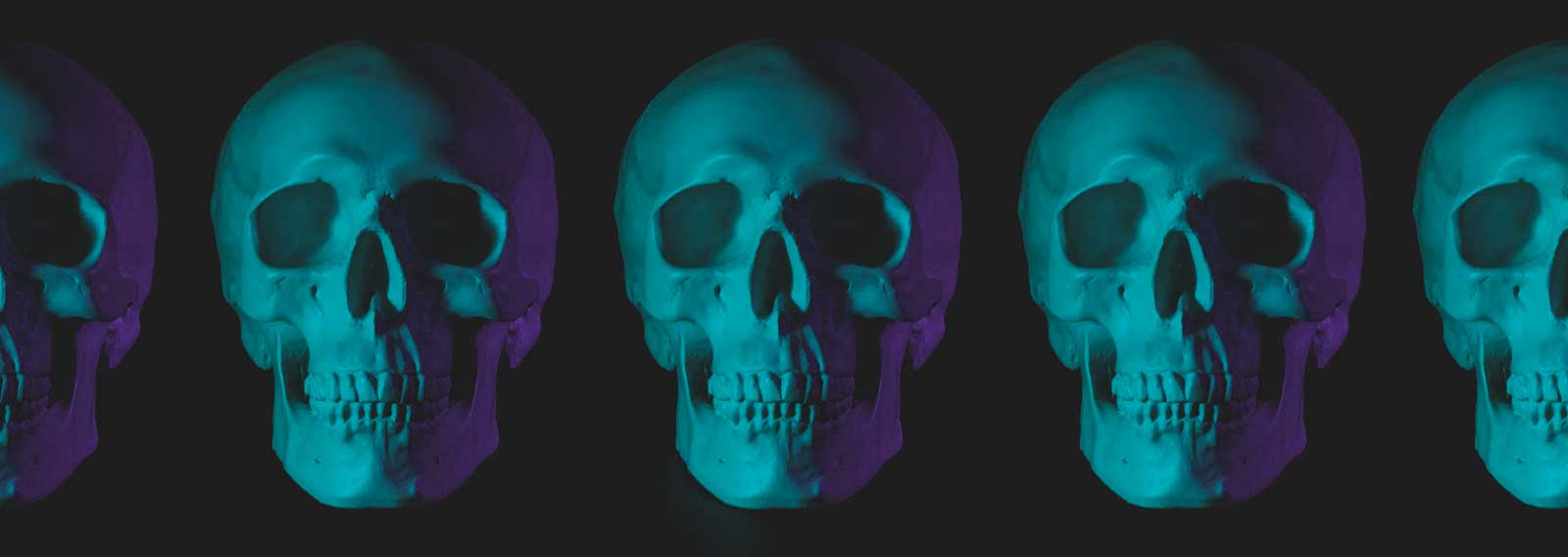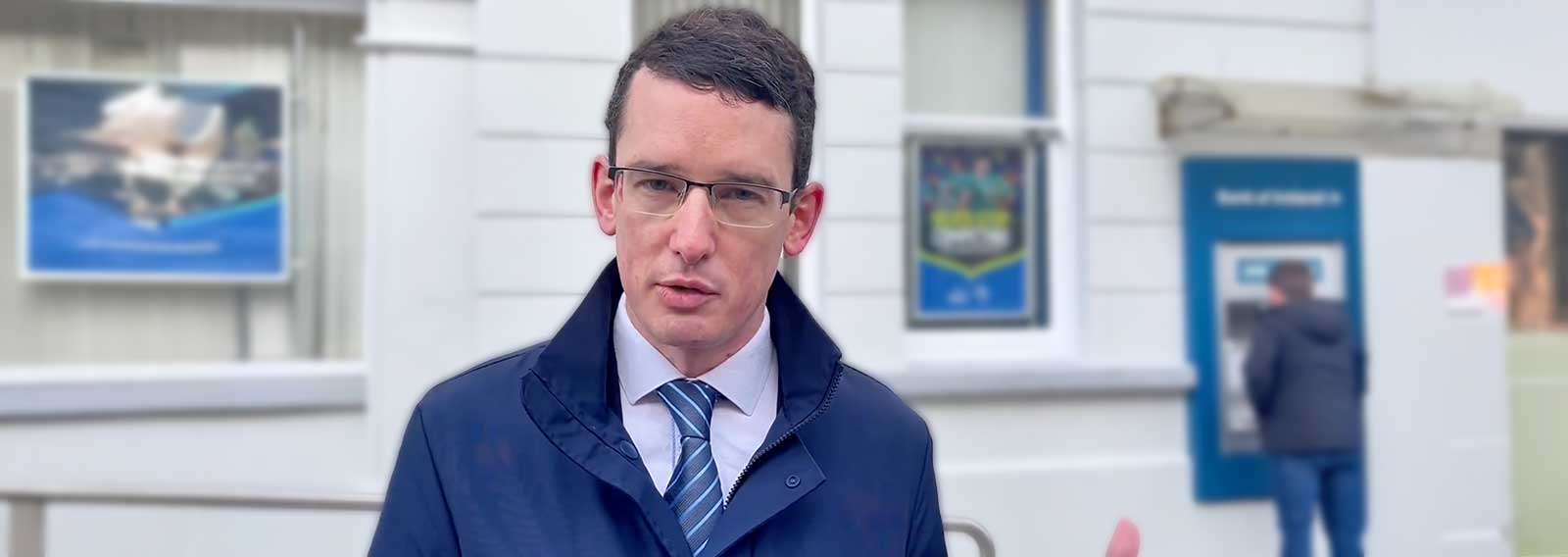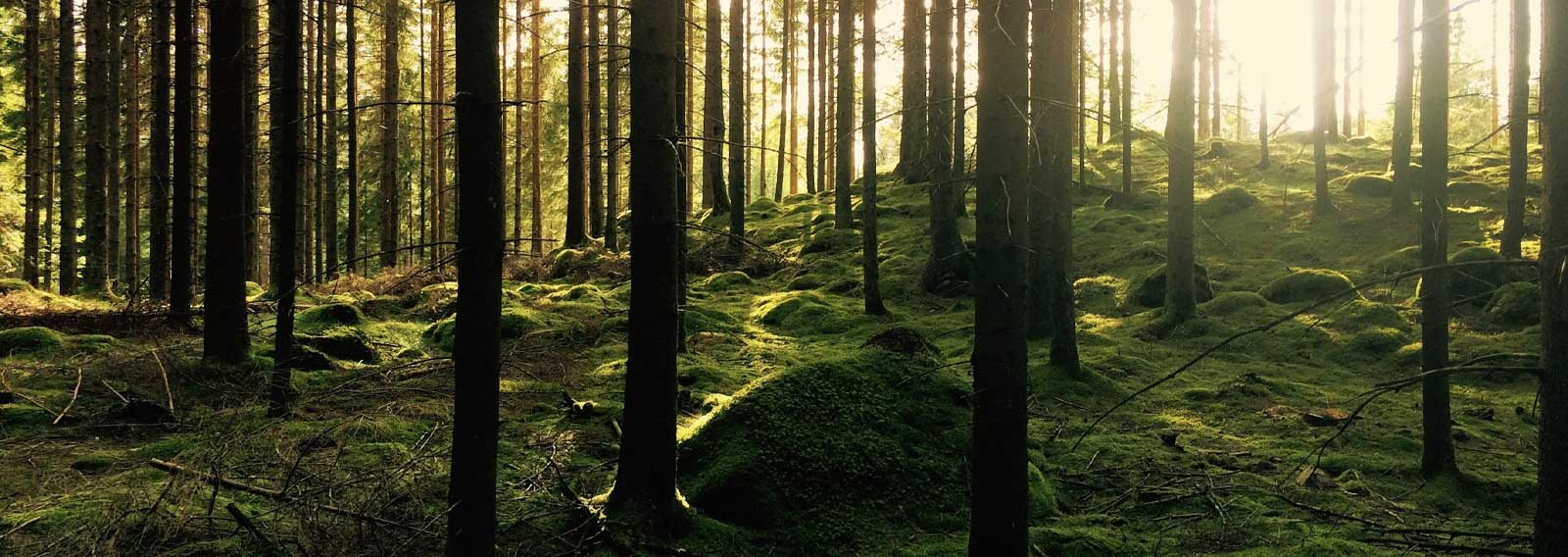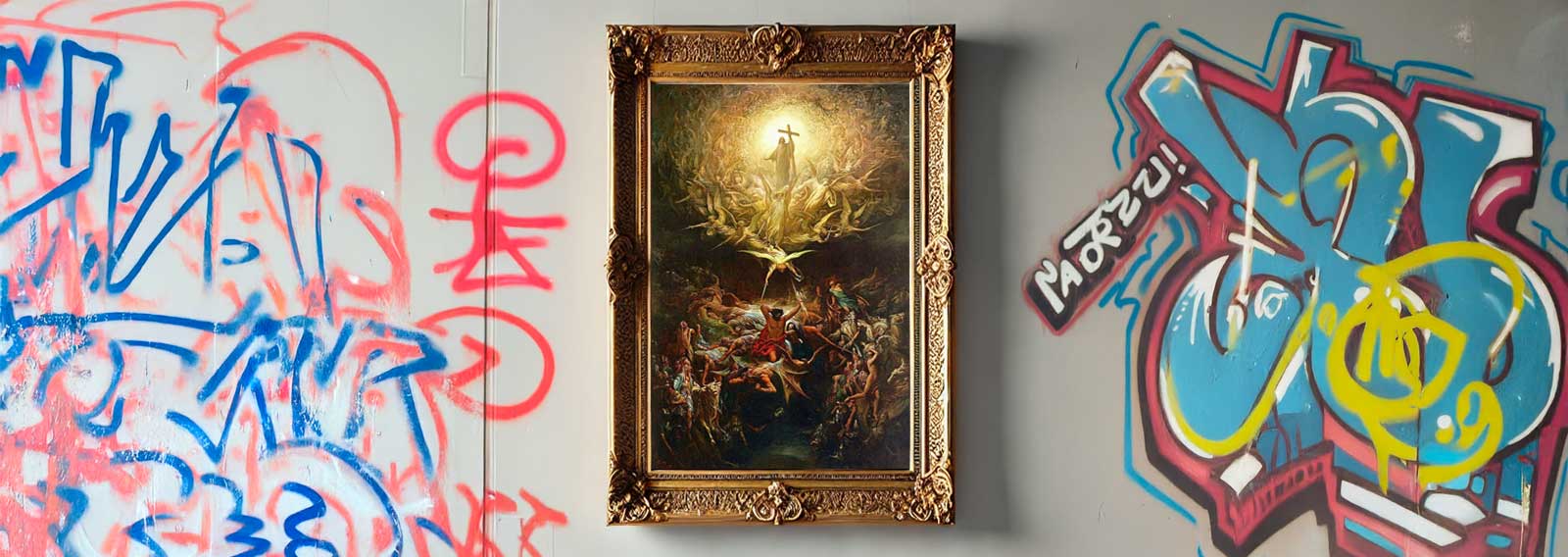The past five years have demonstrated a paradigm shift as to how people in the West view the world. Dr Voddie T. Baucham argues in his book, Fault Lines: The Social Justice Movement and Evangelicalism’s Looming Catastrophe (Salem, 2021) that this will be the issue that divides the conservative church since it is nothing less than a whole new religion.
Baucham is by no means alone is saying this for even non-Christians are acknowledging the religious nature of the social justice movement of ‘Antiracism’, as can be seen here, here and here. But as Baucham himself explains:
At the epicentre of the coming evangelical catastrophe is a new religion—or, more specifically, a new cult…
This new cult has created a new lexicon that has served as scaffolding to support what has become an entire body of divinity. In the same manner, this new body of divinity comes complete with its own cosmology (critical race theory); original sin (racism); law (antiracism); gospel (racial reconciliation); martyrs (George Floyd, Breonna Taylor); priests (oppressed minorities); means of atonement (reparations); new birth (wokeness); liturgy (lament); canon (social justice books); theologians (DiAngelo, Kendi, Brown, Crenshaw, MacIntosh, etc.); and catechism (“say their names”).
Baucham’s latest work is one of the most accessible summaries on the subject to date. What follows then, is an example of Baucham’s point that critical race theory represents a whole new cosmology, or way of looking at the world. Baucham does this by following the pattern of how God created the world in Genesis 1.
Day 1: White people created whiteness.
Neil Shenvi explains that the antiracist definition of ‘whiteness’ is not—as a traditional dictionary would state—the quality or state of being white; the fact or state of belonging to a human group having light-coloured skin, but instead, a set of normative privileges granted to white-skinned individuals and groups which is “invisible” to those privileged by it.
This means that being white is no longer about a person’s biology but their ideology. As Jarvis Williams argues regarding whiteness, “It’s a biological fiction, but a social fact.” Thus, there are a seismic shift from having been created in the image of God—a reality everyone shares—to having been born into a privileged racial group. This obviously destroys any idea of equality between fellow human beings. As Robin DiAngelo and Ozlem Sensoy state in, Is Everyone Really Equal? (New York: 2012):
Although many White people feel that being White has no meaning, this feeling is unique to White people and is a key part of what it means to be White; to see one’s race as having no meaning is a privilege only Whites are afforded. To claim to be “just human” and thus outside of race is one of the most powerful and pervasive manifestations of Whiteness.
Day 2: White people created white privilege.
Building upon a certain group of people’s “whiteness”, is what social justice warriors refer to as their “white privilege”. Baucham says that this is: a series of unearned advantages that accrue to white people by virtue of their whiteness. As Peggy McIntosh—the woman who coined this particular term—explains in her paper, White Privilege: Unpacking the Invisible Knapsack:
I think whites are carefully taught not to recognize white privilege, as males are taught not to recognise male privilege. So, I have begun in an untutored way to ask what it is like to have white privilege. I have come to see white privilege as an invisible package of unearned assets that I can count on cashing in each day, but about which I was “meant” to remain oblivious. White privilege is like an invisible weightless knapsack of special provisions, maps, passports, codebooks, visas, clothes, tools, and blank checks.
Day 3: White people created white supremacy.
Following on from a person’s white privilege is their white ‘supremacy’. Note, this is different to the systemic exploitation and oppression of people of colour by peoples from a European background but instead, “any belief, behaviour, or system that supports, promotes, or enhances white privilege.”
This is where one needs to be especially careful in perceiving the subtle shift as to what the phrase “white supremacy” actually means. No longer is it about one group of people—i.e. whites—thinking of themselves as being inherently superior to others, but any advantage that particular sub-group has simply because of their association.
Day 4: White people created white complicity.
Baucham says that this is the belief that: White people, through the practices of whiteness and by benefiting from white privilege, contribute to the maintenance of systemic racial injustice. As such, according to critical race theory, white people must explicitly acknowledge and repudiate their sin of ‘whiteness’. As the founder of Sojourners magazine, Jim Wallis, states:
Confession leads to freedom… Without confession to the sin of white racism, white supremacy, white privilege, people who call themselves white Christians will never be free—free from the bondage of a lie, a myth, an ideology, and an idol.
Day 5: White people created white equilibrium.
Due to the previous point, white people further their guilt by not continually confessing it. This is known as ‘white equilibrium”: the belief system that allows white people to remain comfortable ignorant. Hence, the only right response is for reparations of some kind to be paid. As Latasha Morrison argues in her influential book, Be the Bridge: Pursuing God’s Heart for Racial Reconciliation (New York, 2019):
In my work as a bridge builder, I’ve seen how, time and time again, conversations about reconciliation stall when the topic of righting the wrongs comes up. Terms such as reparations, affirmative action, white privilege, and Black Lives Matter are nonstarters for so many folks, in part because they disrupt the listener. They remind him or her that making things right costs something, often power, position or money.
Day 6: White people created white fragility.
Finally, there is what is called, ‘white fragility’: the inability and unwillingness of white people to talk about race due to the grip that whiteness, white supremacy, white privilege, white complicity, and white equilibrium exert on them (knowingly or unknowingly). But as Baucham rightly states, “White fragility also serves as a kind of Kafka trap. In other words, it is a denial of guilt that is seen as proof of guilt.”
- Claim: You have white privilege and are complicity in white supremacy and racism.
- Response: That is not true! (fill in rationale here).
- Conclusion: That is just your white fragility fighting for equilibrium.
Day 7: White people never rest from black activism
Baucham doesn’t refer to a seventh day but it’s logical to conclude that under critical race theory there is never any ultimate rest. This is because as John McWhorter argues, black activism functions as atonement. Or as Baucham argues, “In case you’re wondering about its soteriology [doctrine of salvation], there isn’t one. Antiracism offers no salvation—only perpetual penance in an effort to battle an incurable disease.”
Hence, even though the antiracism movement might appear to be virtuous, it is clearly a significant departure and distortion of the historic Christian faith (see 2 Cor. 11:13-14). And this means that the antiracism movement will ultimately hurt those it is trying to help. As Professor Thaddeus Williams of Biola states:
The problem is not with the quest for justice. The problem is what happens when that quest is undertaken from a framework that is not compatible with the Bible. And this is a very real problem, because the extent to which we unwittingly allow unbiblical worldview assumptions to shape our approach to justice is the extent to which we are inadvertently hurting the very people we seek to help.
All of which is to say, Christians should be very careful as to jumping on this particular bandwagon. As the apostle John says, “Dear friends, do not believe every spirit, but test the spirits to see whether they are from God, because many false prophets have gone out into the world.”


